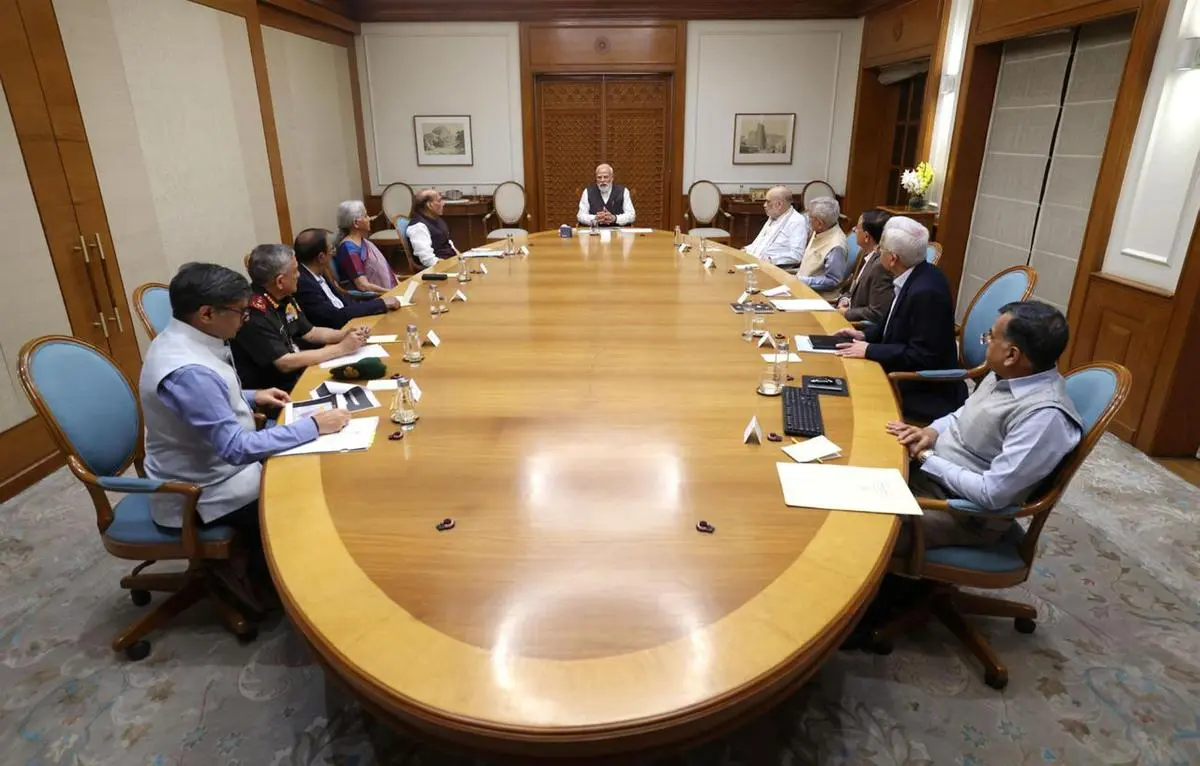Move aimed at protecting underage players amid mounting child safety concerns in the Middle East
Roblox has temporarily disabled its in-game voice and text chat features for users in Saudi Arabia and the United Arab Emirates. The decision comes after discussions with government regulators in both countries and growing scrutiny over child safety, following similar actions across the region, reported timesofindia.indiatimes.com.
Chat features suspended immediately; Roblox pledges enhanced moderation and Arabic-language safeguards.
The suspension affects millions of young players in the Middle East’s largest gaming markets. In Saudi Arabia, the General Authority for Media Regulation coordinated the changes to prevent exposure to cyberbullying, inappropriate content, and online predatory behavior. In the UAE, the Telecommunications and Digital Government Regulatory Authority (TDRA) worked with Roblox to ensure a safer digital environment for children.
-
Both nations’ restrictions are effective immediately
-
Roblox plans to improve Arabic content, introduce stronger moderation tools, and enhance parental controls
-
The move aligns with broader regulatory actions, as countries such as Qatar, Kuwait, Turkey, Oman, and Jordan have either restricted or blocked access to Roblox due to child safety concerns
Roblox remains accessible in Saudi Arabia, one of the region’s largest emerging gaming markets, but the chat suspension marks a significant shift in regulation. The Guardian and Revealing Reality investigation revealed serious safety lapses, including under-13 users accessing sexually suggestive environments, bypassing age verification, and interacting with adults without effective moderation.
Roblox acknowledged these challenges, stating that bad actors exist online and that age verification for young users remains an industry-wide issue. The company has responded with content tagging, updated parental tools, increased moderation staff, and region-specific language controls, particularly for Arabic-speaking players.
Despite these efforts, concerns persist among parents, regulators, and users. The UAE and Saudi Arabia measures underscore the platform’s ongoing struggle to balance popularity with child safety responsibilities.








